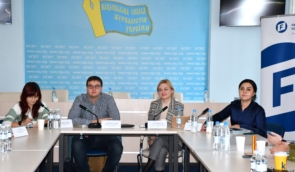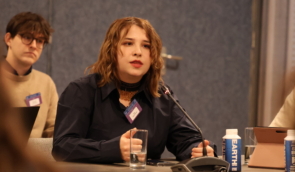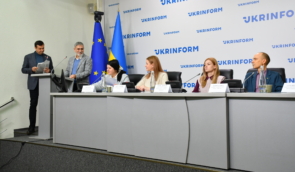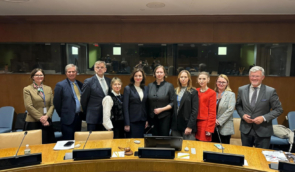European Court of Human Rights registered ZMINA’s complaint against Russia regarding blocking of the website in Crimea
The European Court of Human Rights registered the complaint by Human Rights Centre ZMINA against Russia about the blocking of zmina.info website in Crimea filed last September. This became known from the written response of the ECHR Secretariat dated 19 January 2023.
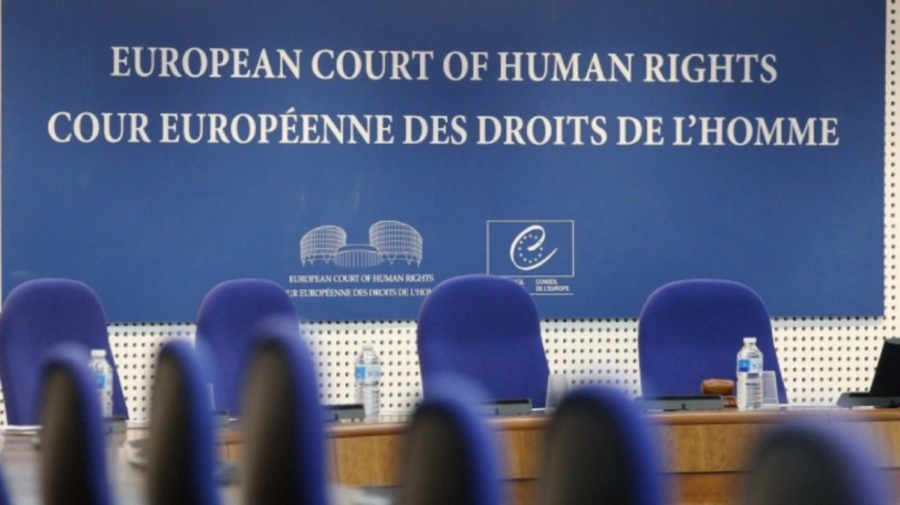 European Court of Human Rights. Illustrative image
European Court of Human Rights. Illustrative imageThe lawsuit was prepared by a group of lawyers, and the process was accompanied by the Regional Press Development Institute and the European Human Rights Advocacy Centre (EHRAC).
According to editor-in-chief of the zmina.info website Olha Padiriakova, after 24 February 2022, the editorial team informed the audience about the human rights situation in Ukraine, focusing from the first days on Russia’s war crimes in Ukraine. The editorial team also daily monitored and covered human rights violations and key events in Crimea.
Moreover, in March 2022, the editorial team launched a Russian-language version of zmina.info website and posted translations of news, articles, and instructions related to the full-scale invasion, war crimes, and forced mobilisation.
“We did it to inform the Russian-speaking audience, especially in the occupied territories of Ukraine, about the full-scale invasion and the war crimes committed by the aggressor state,” Padiriakova said.
Later, in May 2022, it became known that the Russian Federal Service for Supervision of Communications, Information Technology and Mass Media blocked the website in the territory of the Russian Federation and the Crimea occupied by it.
“The editorial team of the website and the organisation management did not receive notifications about the blocking and the reasons from the official authorities of the Russian Federation. At the same time, I state that the editors did not post any illegal publications on zmina.info website,” the editor-in-chief of the website stressed.
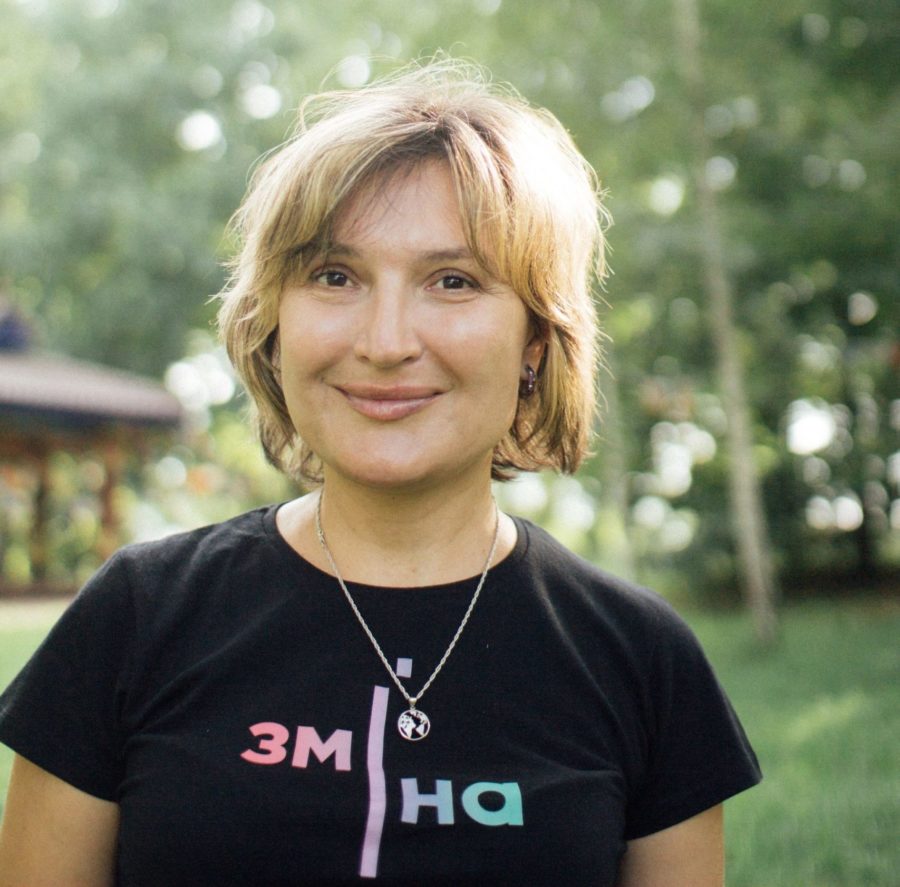 Olha Padiriakova
Olha PadiriakovaIn the opinion of Tetiana Pechonchyk, Head of Board of Human Rights Centre ZMINA, zmina.info website was blocked due to the many years of information and human rights activities, coverage of human rights violations in the occupied Crimea, starting from the end of February 2014, coverage of grave consequences of the large-scale armed aggression of the Russian Federation against Ukraine, war crimes and crimes against humanity committed after 24 February 2022.
“Given that Ukrainian citizens in Crimea already have limited access to information, blocked access to our portal, which provided highly specialised information specifically related to human rights, caused great harm. We work for people, so it’s not just about being able to communicate something but also about people getting important information that allows making changes. This is especially important for the de-occupation of Crimea,” noted Pechonchyk.
Camilla Alonzo, EHRAC lawyer, also commented that the blocking of independent media reporting on Russian aggression in Ukraine is a key aspect of Russia’s attempts to censor and control the narrative around its invasion.
“Zmina’s case is of particular significance as it concerns the Russian authorities’ application of Russian law to the occupied territory of Crimea, and their attempts to prevent the legitimate dissemination of information by a Ukrainian NGO to individuals in Ukrainian sovereign territory,” underlined Alonzo.
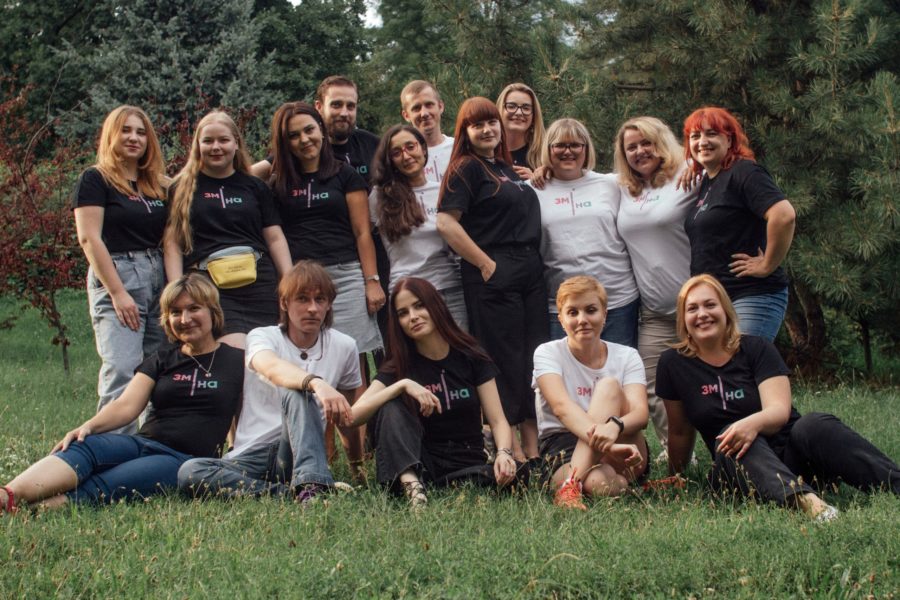 Team of the Human Rights Centre ZMINA
Team of the Human Rights Centre ZMINALawyer Serhiy Zayets, who also helped prepare the complaint, commented that international law has almost no standards that would determine the limits of freedom of speech during wartime. In his opinion, this complaint concerns Russia’s attempt to conceal information about its crimes in Ukraine from Ukrainian citizens in the occupied territories. “Russia violated its international obligations not only by launching the armed aggression against Ukraine but also by creating obstacles to the dissemination of information about human rights violations and ways to protect rights. And it is the information about human rights, their violations, and the possibilities of protection that is the main content of zmina.info website which was banned by the Russian authorities. The complaint refers to the violation of Articles 10 and 18 of the European Convention on the Protection of Human Rights, and the lawyers who worked on it are confident that the future decision of the ECHR in this case will push the boundaries of the Court’s existing practice,” Zayets believes.
If you have found a spelling error, please, notify us by selecting that text and pressing Ctrl+Enter.

